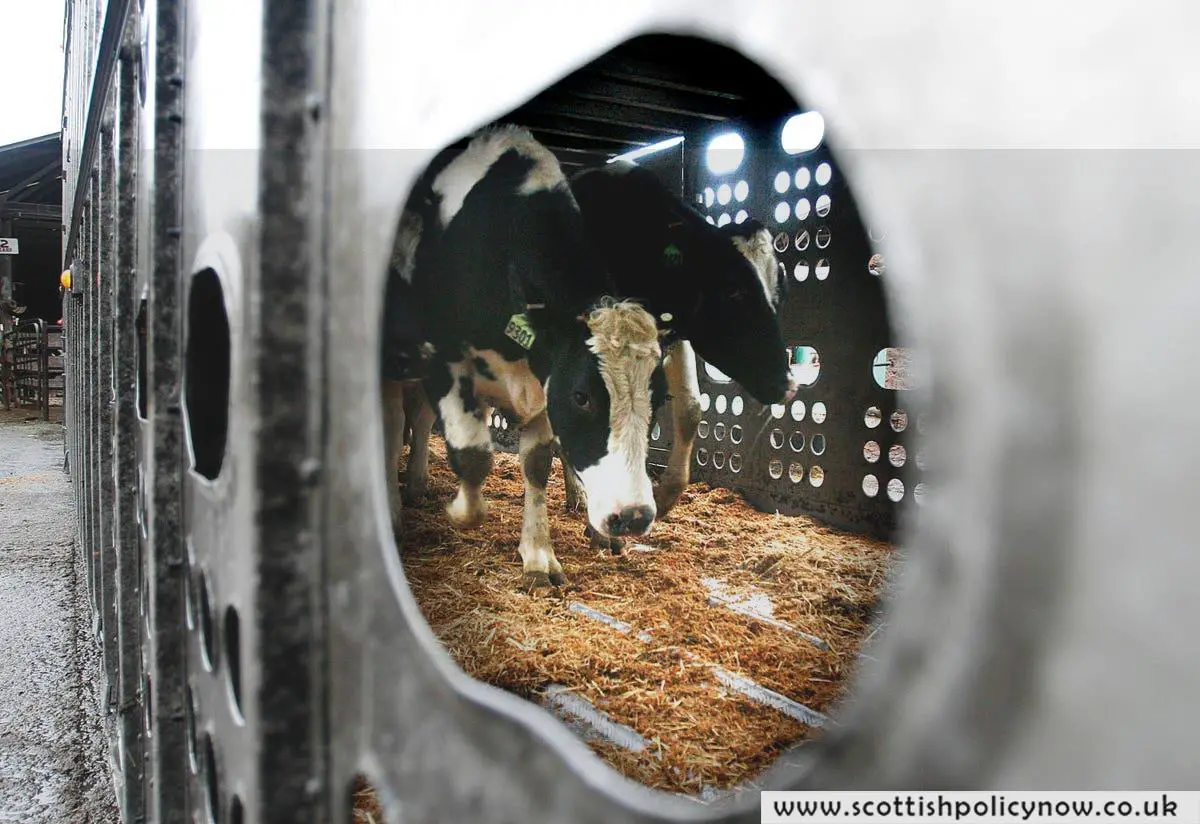US health and agriculture officials are escalating efforts to track and test for bird flu in dairy cows as an outbreak of the virus spreads, with potential risks to humans if it mutates to be more transmissible between people.
The virus, a strain of highly pathogenic avian influenza called Type A H5N1, has been identified in 34 dairy herds across eight US states, and traces have been found in milk on supermarket shelves. The infection has even spread between cows and between cows and birds, the US Department of Agriculture (USDA) reported. As a precaution, starting Monday, US dairy cows must be tested for the virus before being transported across state lines.
Despite the apparent risk, the Centers for Disease Control and Prevention (CDC) maintain that the current threat to humans remains low. However, scientists are concerned about the virus’s capacity to mutate and spread more easily among people.

Bird flu has typically affected wild birds, but in recent years, it has also infected mammals like foxes, bears, farmed minks, and even polar bears in northern Alaska. The spread of the virus to ruminants, like goats and dairy cows, has surprised researchers, especially since these animals don’t typically host this type of virus.
“Inactivated viral remnants were found in retail milk, suggesting that this has been happening longer and is more widespread than previously recognized,” noted Matthew Aliota, a veterinary medicine researcher at the University of Minnesota.
An unexpected cluster of infections among cows has prompted heightened testing and the implementation of stricter measures. The new USDA requirements and the positive test results in retail milk have sparked concerns about the effectiveness of safety measures, and experts worry that exposure risks may extend beyond farm boundaries.
The new federal order mandates that dairy herds be tested and cleared before crossing state lines. Michael Worobey, an evolutionary biologist at the University of Arizona, believes testing should extend to every herd, and experts suggest looking for antibodies in addition to active infections.
“That is a really accessible and quick way to find out how widespread this is,” Worobey said, emphasizing the need for thorough testing to understand the spread.
Given the potential risks to human health, experts recommend avoiding raw or unpasteurized milk, while dairy farm workers are urged to take extra precautions such as wearing masks, washing hands frequently, and changing work clothes after their shifts.
While there are some warning signs, virologist David O’Connor from the University of Wisconsin-Madison said that current developments with bird flu resemble a “tornado watch” rather than a warning.
“It’s a signal to be alert but not to panic,” he explained. “You wouldn’t change anything about your daily life, but you would maybe just have a bit of increased awareness that something is happening.”
Worobey believes the outbreak warrants a more thorough response: “We need ambitious screening to detect and potentially contain the spread of the virus.” With thorough testing and heightened awareness, officials hope to curb the outbreak before it becomes a more serious threat to public health.







